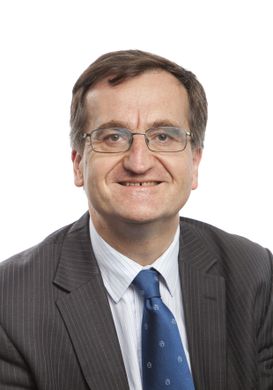Protocol for Dex-CSDH published by BMC
A corrected protocol for a trial of dexamethasone for adult patients with a symptomatic chronic subdural haematoma (Dex-CSDH) has recently been published in a BioMed Central Journal.

Professor of Neurosurgery, University of Cambridge
Dex-CSDH, led by Peter Hutchinson (Medicine) and sponsored by CUHFT/ University of Cambridge, is a pragmatic, multi-centre, double-blind, phase III randomised, placebo-controlled trial (n=750) assessing the clinical utility of a tapering 2-week course of dexamethasone following Chronic Subdural Haematoma. Stage 1 will take place initially in a limited number of centres in the UK, to ensure feasibility. If successful, stage 2 will follow and will encompass, where possible, all remaining Neurosurgical centres in the UK and the Republic of Ireland.
Stage 1 aims to recruit 100 patients within 12 months. If the progression rules are met, Stage 2 will recruit 650 patients within 2 years. The recruitment rate has been estimated at 2 patients per site per month. On the basis of hospital episode statistics (HES) and data from the ongoing national CSDH audit, approximately 60-80 patients with a CSDH are admitted in a medium-sized neurosurgical unit each year. Hence, the estimated recruitment rate is feasible. Patients will be monitored whilst in the acute Neurosurgical unit and followed up for a period of 6 months post recruitment.
For more information visit: BioMed Central
Published January 6, 2020
Latest from CCTU
Targeting the immune system could prevent future heart attacks, Cambridge-led trial suggests
Cambridge researchers have discovered that an existing therapy which boosts protective immune cells in people who have recently had heart attacks reduces…
Cambridge study finds hot flush treatment has anti-breast cancer activity
A drug mimicking the hormone progesterone has anti-cancer activity when used together with conventional anti-oestrogen treatment for women with breast…
Innovative trial offers hope on World Pancreatic Cancer Day
An early-stage trial, recently opened at Addenbrooke's Hospital, offers new hope to people with late-stage pancreatic cancer and their families.
…






